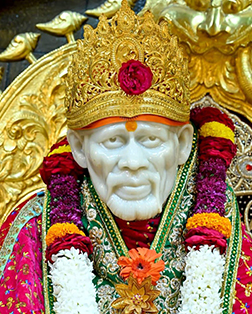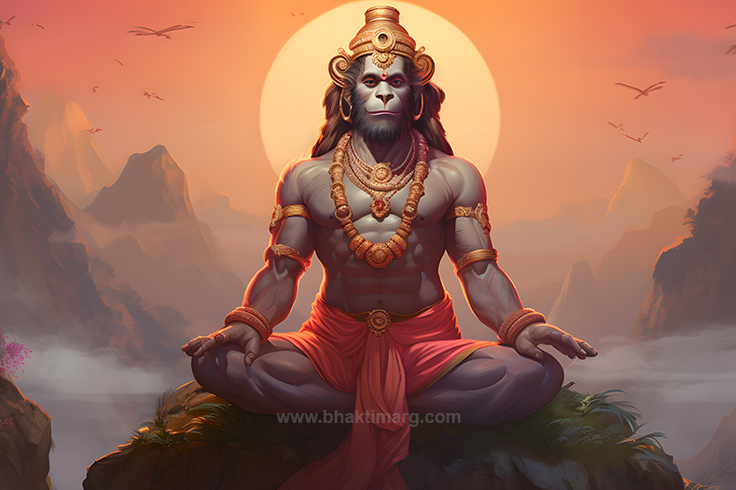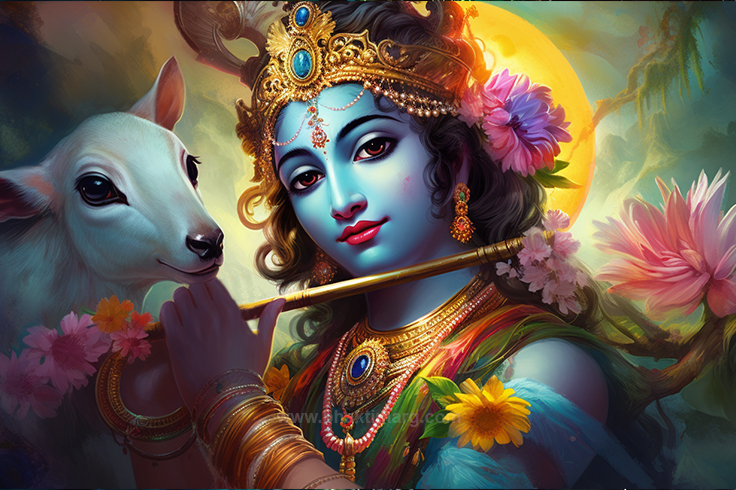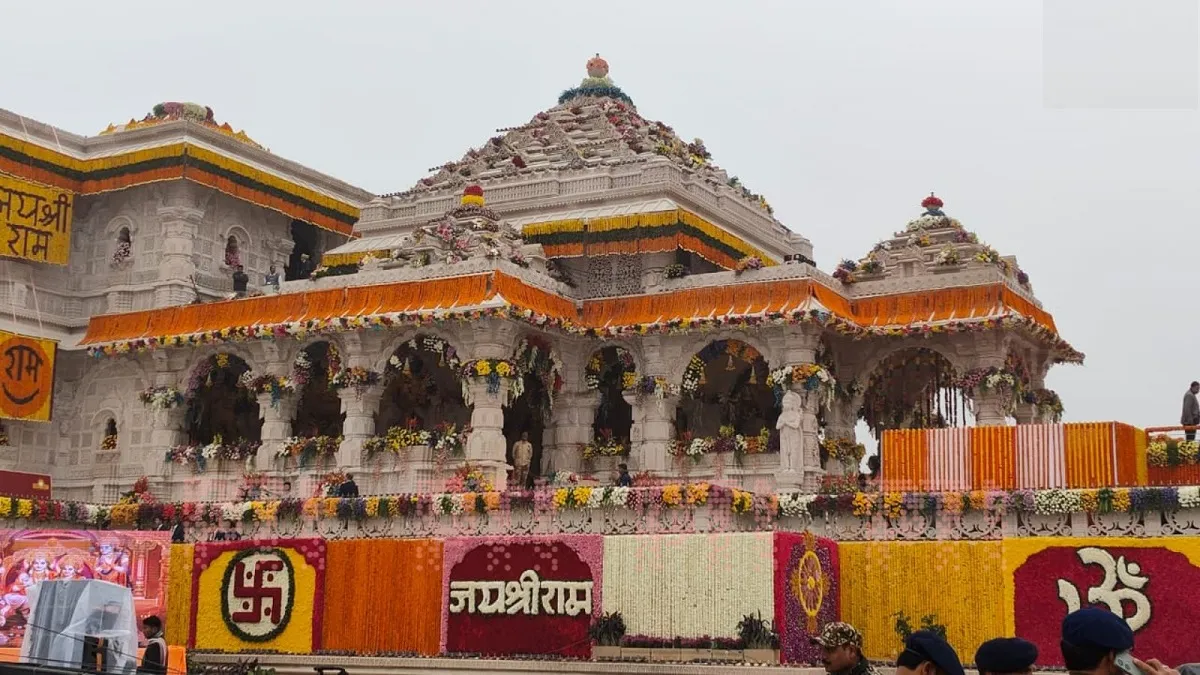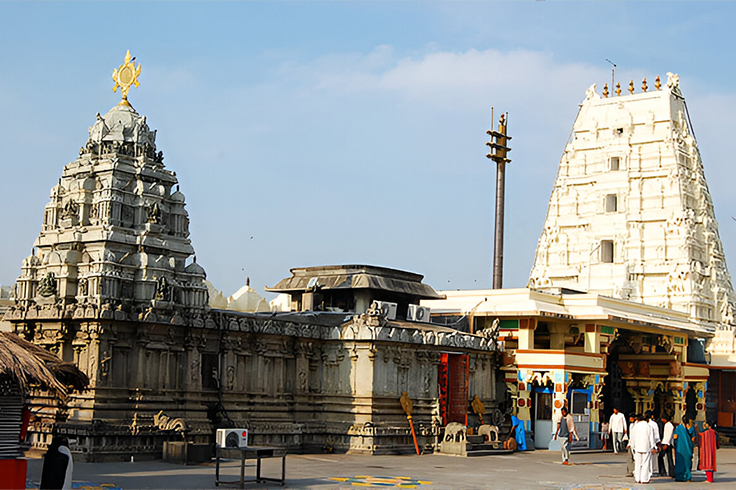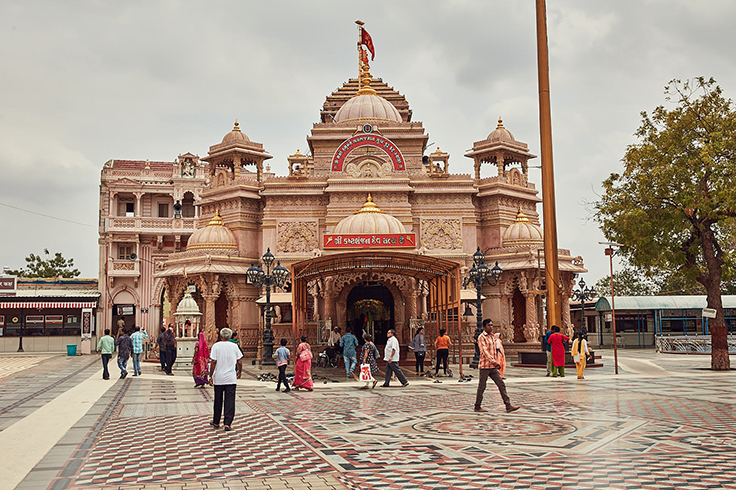
What Is Shravan Somvar and Why Are Mondays So Sacred?
The Hindu month of Shravan is one of the most spiritual times in the lunar calendar. Among all the days in this holy month, Mondays—known as Shravan Somvars—hold a very special place. For those who follow Hindu traditions, this is not just a regular month but a sacred time to worship Lord Shiva with deep devotion and pure intentions. Devotees fast, chant, pray, and dedicate their Mondays entirely to spiritual growth and the blessings of Shiva.
What makes this month so special? And what makes Mondays so powerful during this time? Let’s explore the deep meaning, ancient stories, and powerful rituals behind Shravan Somvar, and understand how this tradition continues to inspire millions across India and beyond.
What Does Shravan Somvar Mean in Hindu Culture?

Shravan Somvar combines two words: “Shravan,” which is the fifth month of the Hindu calendar, and “Somvar,” which means Monday. This month typically occurs from July to August annually. It is considered a sacred time, especially for worshippers of Lord Shiva, the god of destruction and rebirth.
In Hindu culture, the moon plays a big role in spiritual energy, and Mondays are ruled by the moon. Since Lord Shiva is known as Somnath, or “Lord of the Moon,” Mondays are especially important to Him. During Shravan, it is believed that the connection between the Moon and Shiva becomes even stronger.
Devotees believe that praying on Mondays during Shravan brings powerful results: peace of mind, blessings from the divine, good health, and positive changes in life. Many people, especially women, observe the Shravan Somvar Vrat (a special fast) to receive these blessings.
Spiritual Importance of the Month of Shravan

The month of Shravan is not just about fasting or rituals—it’s about cleansing the soul, focusing on God, and letting go of negativity. This time is seen as a spiritual reset, where devotees aim to build a stronger connection with Lord Shiva through prayer, devotion, and sacrifice.
In Ayurveda, this season (monsoon) is a time when the body’s natural strength becomes weaker. By following fasts, eating light foods, and staying away from negative habits, people give their body and mind a break. It’s a way to detox both physically and spiritually.
It is also said that in this month, the divine energies are closer to the earth. So prayers reach the divine faster, and sincere devotion is more easily rewarded. This belief motivates thousands of people to visit Shiva temples, chant mantras, and perform rituals of purification.
Mythological Significance Behind Shravan

The importance of the Shravan month can be traced back to a powerful story from Hindu mythology—the Samudra Manthan, or the churning of the ocean. During this great event, both the gods and demons churned the ocean to get divine treasures. However, as the churning continued, a lethal toxin known as Halahala emerged from the depths. This venomous substance possessed such devastating power that it threatened to annihilate all existence. To protect the cosmos from destruction, Lord Shiva consumed the deadly poison, containing it within His throat.
This selfless sacrifice caused His throat to take on a blue hue, which is why He became known as Neelkanth – ‘the one with the azure throat. The gods were so grateful that they started offering water from the holy river Ganga to Shiva to cool Him down. This is why, even today, people pour water, milk, and bel leaves over the Shiva Lingam during Shravan.
This story is why Shravan is known as the most sacred month for Shiva worship. It reminds us of Lord Shiva’s compassion and willingness to bear pain for the good of the world.
Why Mondays Hold a Special Place in Shravan?

In Hinduism, each day of the week is linked to a god, and Monday belongs to Lord Shiva. During Shravan, Mondays are believed to be the most powerful days to connect with Him. This is because of the unique planetary positions and the sacred energy that surrounds this time.
On Shravan Mondays, people believe that their prayers are more likely to be answered. It is said that even the gods and celestial beings observe this fast to gain the favor of Lord Shiva.
Many unmarried women fast and pray on these days hoping for a loving and loyal husband like Lord Shiva. Wives observe this ritual to pray for their spouse’s health and longevity. Men and elders also join in, fasting and praying for health, wealth, and success.
Fasting, chanting “Om Namah Shivaya,” visiting temples, and listening to or reading the Vrat Katha—these are all part of how Shravan Somvar is observed. It’s not just about asking for blessings; it’s also about showing love, faith, and loyalty to Shiva.
Shravan Somvar in 2025 – Important Dates to Know

For devotees planning to observe Shravan Somvar in 2025, it’s important to know the exact dates based on the regional Hindu calendars. According to the North Indian Purnimant calendar, Shravan month will begin on Monday, July 28, 2025, and end on Tuesday, August 26, 2025. In the South Indian Amavasyant calendar, dates may vary slightly due to regional traditions, but the sacred essence remains the same.
Here are the dates for Shravan Somvar in 2025:
- First Somvar: July 28, 2025
- Second Somvar: August 4, 2025
- Third Somvar: August 11, 2025
- Fourth Somvar: August 18, 2025
- Fifth Somvar (in some regions): August 25, 2025
Each Monday is a powerful spiritual opportunity. On these days, thousands of devotees visit Shiva temples early in the morning. The air is filled with the sound of bells, the fragrance of flowers and incense, and the continuous chanting of “Om Namah Shivaya.”
From sunrise to sunset, the day is spent in fasting, devotion, and meditation. It’s not just a ritual—it’s a full day of connection with the divine.
The Ritual of Shravan Somvar Vrat

The Shravan Somvar vrat is one of the most followed spiritual practices in India, especially in northern states. It is simple but powerful and requires sincerity, focus, and devotion.
Let’s break down the ritual in detail:
Morning Routine and Spiritual Cleanliness
The vrat begins with waking up before sunrise. Taking a holy bath is the first step—it cleanses not just the body but prepares the mind and spirit for worship. Many people add Ganga water (if available) to their bathwater for extra purity.
After bathing, devotees wear clean, preferably white or saffron-colored clothes, which are considered pure and sacred.
Setting Up the Puja Area at Home
If you’re not visiting a temple, you can easily set up a small puja place at home. Clean the area well and place a Shiva Lingam or a picture/statue of Lord Shiva.
Decorate the space with flowers like white lotus, hibiscus, and jasmine. Begin the worship by lighting a ghee-filled oil lamp and burning some fragrant incense.
Items and Offerings for the Shiva Lingam
The key part of the worship is the Abhishek—offering liquids to the Shiva Lingam. Each item used has a deep meaning:
- Milk – Symbol of purity and nourishment
- Honey – Represents sweetness and devotion
- Curd/Yogurt – For happiness and good health
- Ganga Jal (holy water) – For spiritual cleansing
- Sugarcane juice – Symbol of prosperity
- Bel Leaves (Bilva Patra) – Lord Shiva’s favorite leaf
- White flowers and fruits – Offered with love and peace
These items are poured or placed gently on the Shiva Lingam while chanting mantras.
Mantras and Chanting Practices
Chanting is at the heart of the Shravan Somvar vrat. Devotees repeat the Shiva Panchakshari Mantra:
“Om Namah Shivaya” – this is the sound vibration of Lord Shiva.
It’s suggested to recite this prayer 108 times while counting on a udraksha Mala. Many also recite the Maha Mrityunjaya Mantra to seek protection from diseases and death:
“Om Tryambakam Yajamahe Sugandhim Pushtivardhanam
Urvarukamiva Bandhanan Mrityor Mukshiya Maamritat”
These mantras create a spiritual vibration that brings peace and calm to the mind.
Vrat Katha (Story Behind the Fast)

Hearing or reading the shravan somvar vrat katha during Shravan month is a key part of this practice. These are devotional stories that show how people who observed the fast with full faith were blessed by Lord Shiva.
One such story is about a poor but deeply religious Brahmin boy. He didn’t have much to offer but always fasted on Shravan Mondays. Impressed by his devotion, Lord Shiva appeared and blessed him with wisdom, success, and happiness.
Another story talks about a king and queen who had no children. On advice from sages, they observed the Shravan Somvar fast and were later blessed with a child.
These stories inspire people to believe that no matter their situation, pure devotion will bring results.
Deeper Meaning Behind the Shravan Somvar Rituals

Beyond rituals and rules, the Shravan Somvar vrat carries a deep inner meaning. Every part of the fast connects with spiritual growth and mental clarity.
Symbolism of Water, Milk, and Bel Leaves
Pouring water or milk on the Shiva Lingam isn’t just tradition. It symbolizes offering your inner self to God. Water represents cleansing, milk represents nourishment, and bel leaves show surrender. By doing this, you let go of negativity and invite peace and purity into your life.
Why Mantras Are Repeated 108 Times?
The number 108 is considered holy in many religions, especially in Hinduism. It represents the universe, wholeness, and completion. Chanting mantras 108 times is believed to help you focus better, remove distractions, and bring your mind closer to God.
Each time you say “Om Namah Shivaya,” you’re not just chanting—you’re creating a connection between you and the divine energy of Shiva.
The Importance of Fasting and Self-Discipline
Fasting is more than just avoiding food. It teaches control over desires, patience, and self-awareness. When you fast, you break away from the usual cycle of eating and distractions and focus more on prayer and introspection.
Even science supports the benefits of fasting for improving physical and mental health. So fasting in Shravan is good for both the body and the soul.
How Shravan Somvar Strengthens Devotion?

When done with true feelings, the Shravan Somvar vrat becomes a powerful way to grow spiritually. The regular practice of waking early, chanting, fasting, and praying builds habits that deepen your devotion over time.
It helps you let go of ego, focus more on your faith, and opens your heart to receive blessings—not just from Shiva but from the universe.
Conclusion
Shravan Somvar is not just a religious practice—it is a time of deep connection, reflection, and renewal. It teaches us to step away from the chaos of everyday life and focus on devotion, simplicity, and discipline. The powerful energy of the Shravan month, combined with the sacredness of Mondays dedicated to Lord Shiva, offers a unique spiritual opportunity to those who seek peace, blessings, and transformation.
Whether you follow the fast strictly or observe it in your own simple way, what matters most is the sincerity of your heart. From chanting mantras to offering water on the Shiva Lingam, every small act done with love and faith carries great power. The stories, the rituals, and the energies of this holy time remind us that devotion and belief can bring about miracles.
So this Shravan, take a moment every Monday to pause, pray, and remember the divine within and around you. The blessings of Lord Shiva are always with those who call upon Him with a pure heart.






